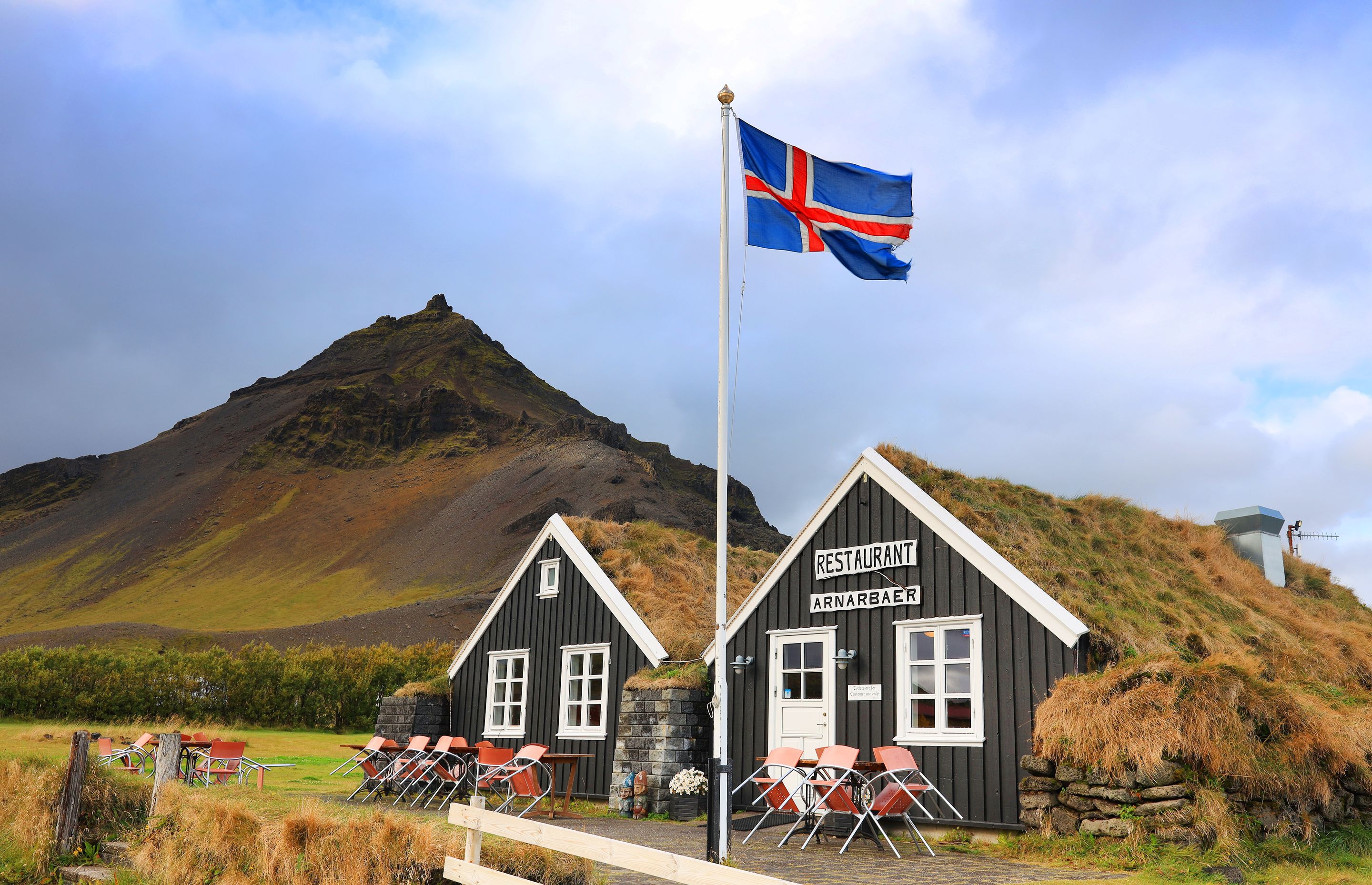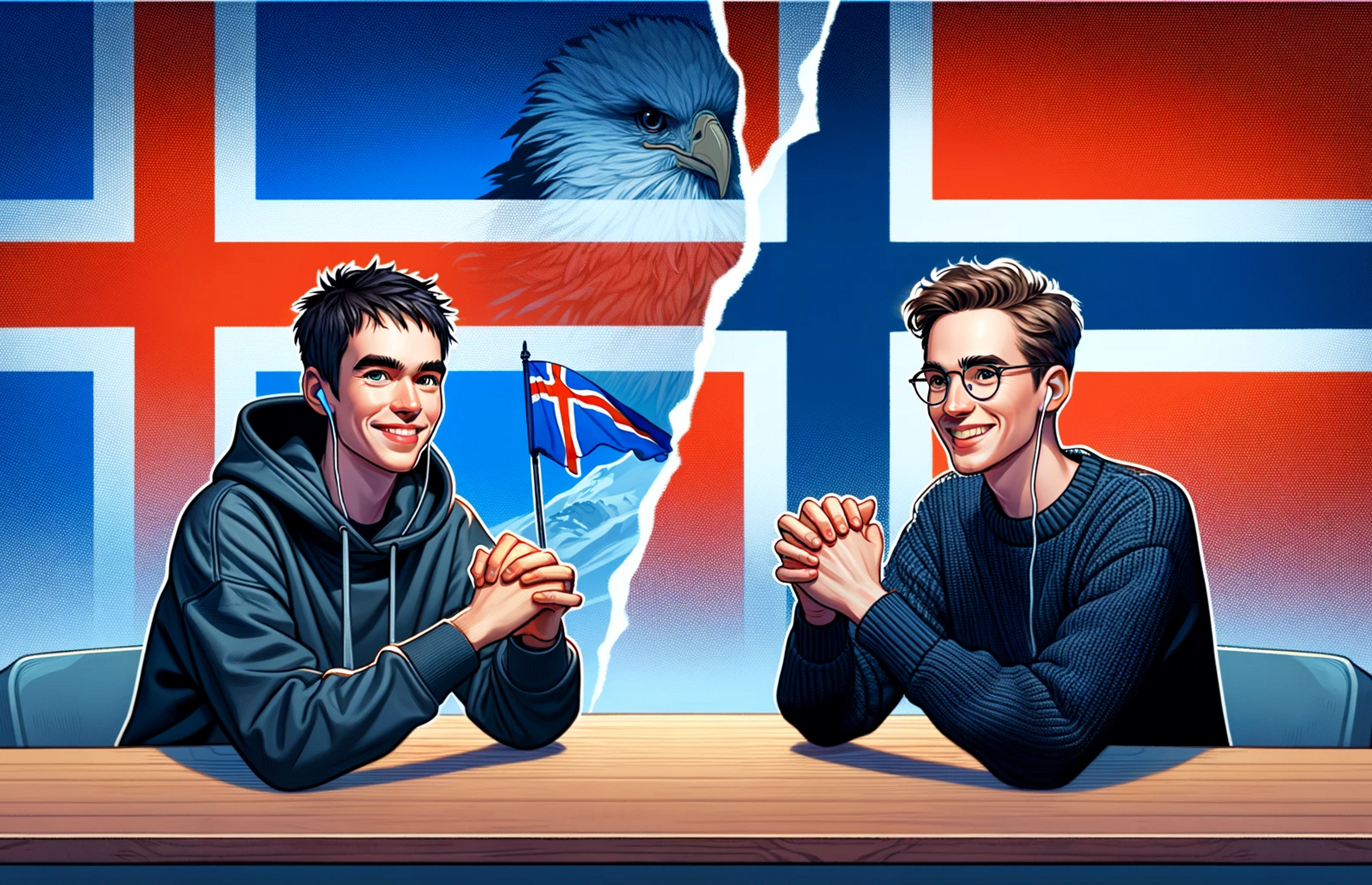
Discover Iceland: Interesting Facts and Trivia
Jump to chapter
Iceland may be small, but it’s packed with surprises. Known for its dramatic landscapes and close-knit communities, this “land of fire and ice” has plenty of peculiarities that differentiate it from anywhere else on Earth. From outdoor baby naps and elf stories to its eco-friendly energy and peaceful way of life, here are 15 interesting facts that show why Iceland is like no other place you’ve ever seen.
1. Babies Nap Outside
If you’re from somewhere else, you might be surprised to see Icelandic parents leaving their babies outside in prams, even in winter. But in Iceland—and across much of the Nordic region—this is perfectly normal. Many believe that fresh, cool air helps little ones sleep better and stay healthier. Parents bundle their babies up warmly and let them drift off under the crisp sky. It may seem unusual, but it’s a time-honored practice that reflects Iceland’s close connection to nature and its practical, no-nonsense parenting style.
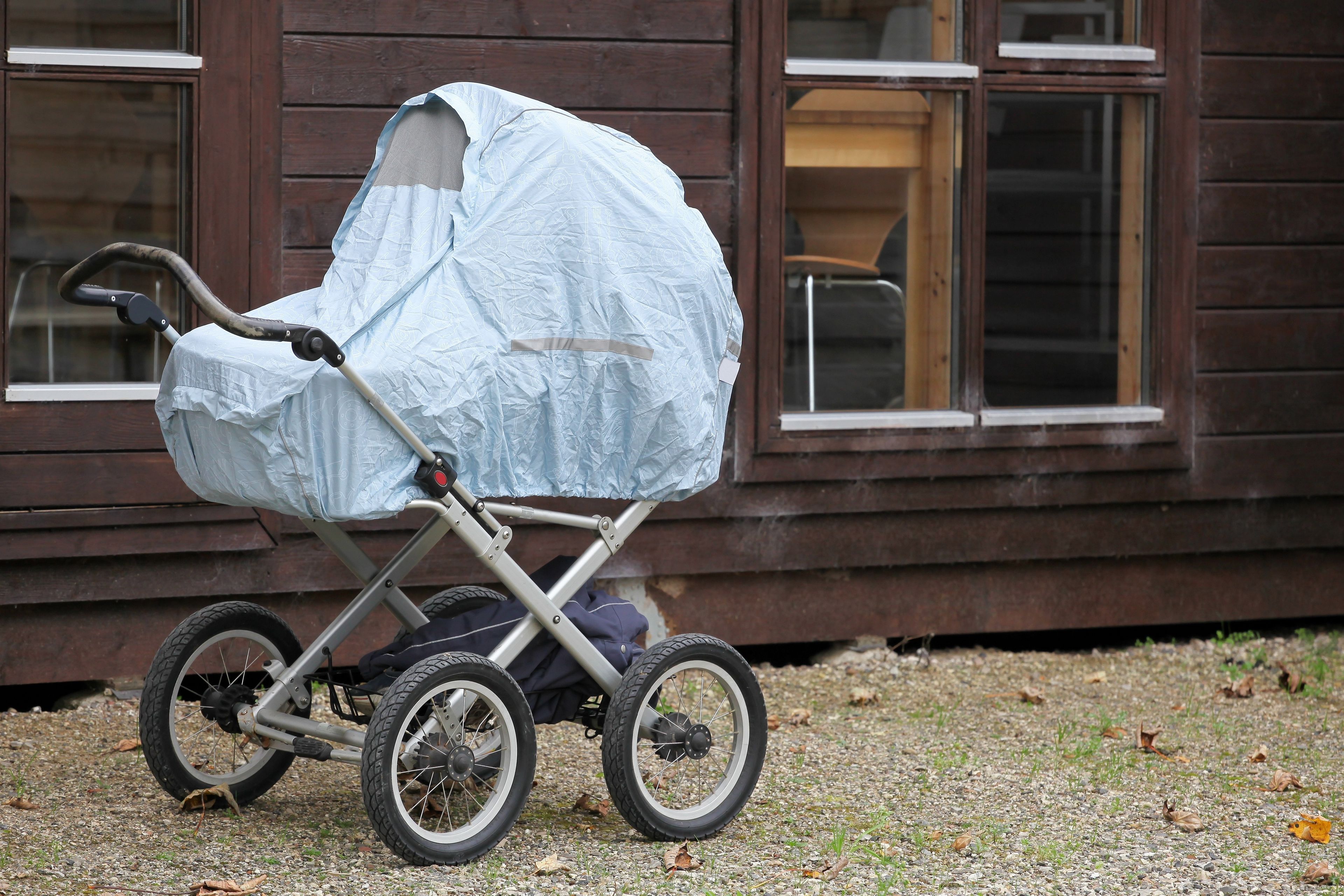
2. Iceland Has No McDonald's
Iceland is one of the rare Western countries where you won’t find a single McDonald’s. The last location closed in 2009 after the financial crisis made running the restaurant too pricey. Instead, Iceland’s food scene has evolved in a more local, creative direction. You’ll find artisan burger joints, food halls serving inventive Nordic dishes, and a focus on regional ingredients. On the last day McDonald's opened in Iceland, they sold over 10.000 burgers.
3. The Land of No Mosquitoes
Picture this: Iceland’s rugged landscape, soothing geothermal hot springs, and breathtaking glaciers—all without the whining buzz of mosquitoes. Thanks to its chilly climate, volcanic soils, and lack of stagnant water, Iceland is practically mosquito-free. While other insects exist, you can enjoy your full visit without the constant itch or annoyance of these tiny pests.

4. Elf Beliefs
Although the new generations don't really believe in elves, trolls, or “Huldufólk” (hidden people), Icelandic folklore is still alive and well. Over the years, road projects have even been modified to avoid areas believed to be elf habitats. In Reykjavík, there’s an “Elf School” where curious visitors can hear old stories and learn about encounters passed down through generations. Whether you’re a believer or not, these legends are a fun way to get closer to a big part of the Icelandic culture.
5. Icelandic Phonebook
Iceland’s distinctive naming system means that phonebooks are organized by first names rather than surnames. Since most Icelanders use patronyms or matronyms—adding “-son” (son of) or “-dóttir” (daughter of) to a parent’s first name—fixed family surnames are rare. As a result, people are listed alphabetically by their given names. This unique system reflects an easygoing, family-oriented culture, where everyone is known as an individual rather than by a fixed family name.
6. A Cat in Every Home
Well, not quite every home, but it's said that you're never more than a few meters away from a cat in Reykjavík. Cats are very popular pets in the city, and they're given a good deal of freedom to roam around.
According to some sources, there are around 20.000 cats in the Capital city. Although you'll see many roaming the streets, most of them have a home to return to.
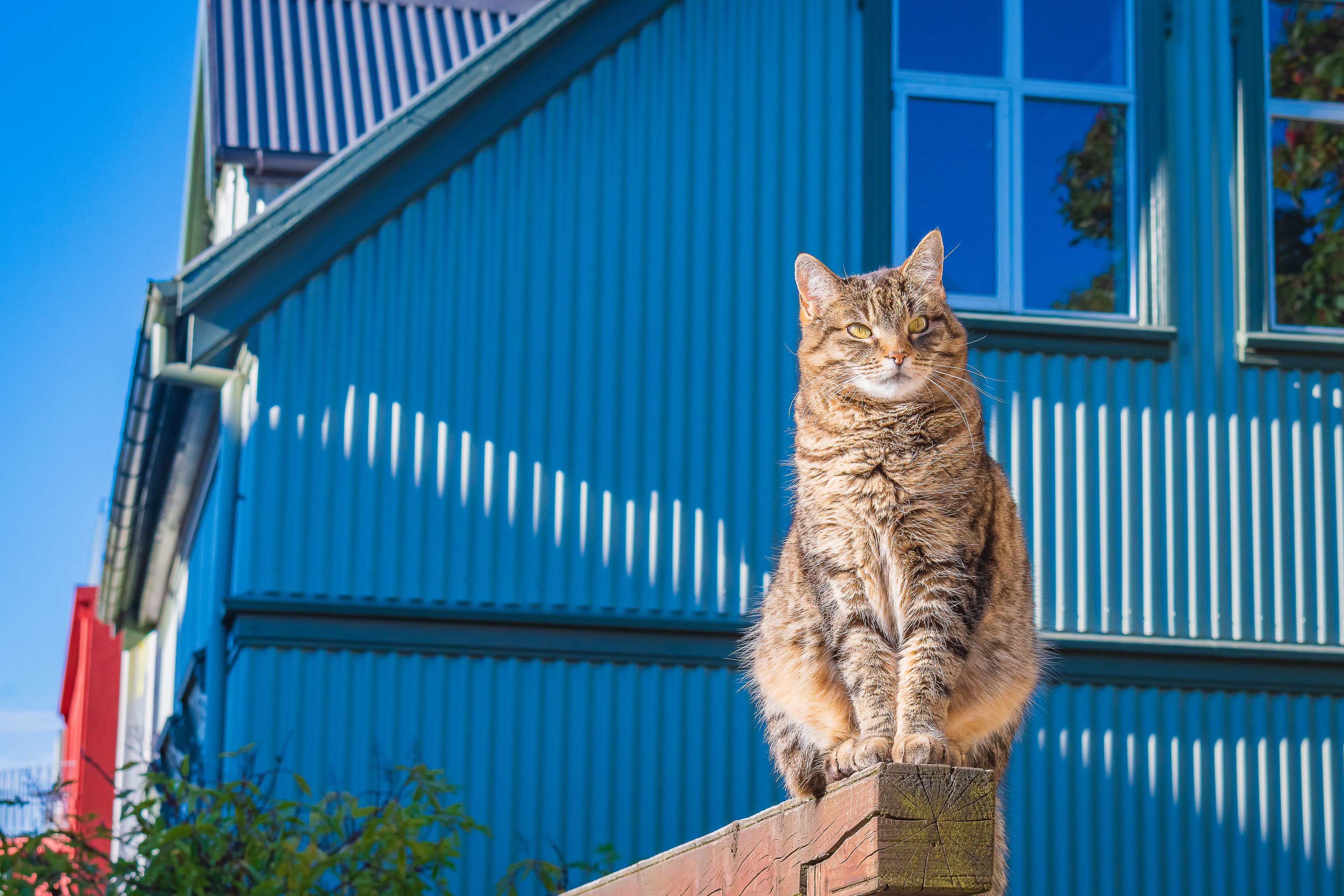
7. Beer Was Banned
For decades, Iceland had a bizarre peculiarity: beer over 2.25% alcohol was illegal from 1915 to 1989. This ban, originally tied to Iceland’s fight for independence and a desire to distance the nation’s identity from Denmark, meant that while people could drink wine or spirits, having a simple beer was forbidden. When the ban finally ended on March 1, 1989, Icelanders celebrated—and now they mark that date each year as “Beer Day.” Today, the country has a thriving craft beer scene full of innovative flavors and local ingredients.
8. Most Peaceful Country in The World
Iceland has held the top spot in the Global Peace Index for 16 years running, and it’s easy to understand why. Its crime index sits at just 25.4—much lower than the U.S. (49.2) or Brazil (65.1)—and homicides are nearly nonexistent. Most offenses come down to minor traffic incidents, often involving tourists. Icelanders trust their unarmed police, who focus on keeping situations calm, and benefit from strong social equality, low corruption, and top-notch healthcare and education. Without a standing army and with a culture that values fairness and well-being, Iceland has created an environment where feeling safe is simply part of everyday life.
9. One in Ten Icelanders Will Publish a Book
Iceland’s literary heritage runs deep. From the medieval sagas—epic prose narratives chronicling heroic deeds—to contemporary novels, storytelling has always been central to Icelandic culture. Today, it’s often said that roughly one in ten Icelanders will publish a book in their lifetime. This impressive statistic reflects a society where literature is highly valued, libraries are well-used, and reading remains a treasured pastime. During the Christmas season, the “Jólabókaflóð” (Christmas Book Flood) tradition sees a surge of new titles, and books are given as gifts to family and friends. It's no wonder why Reykjavik was recognized as a UNESCO City of Literature in 2011.
10. Roundabouts Instead of Traffic Lights
Rather than relying heavily on traffic lights, Iceland favors roundabouts—even on multilane roads. Roundabouts are believed to keep traffic flowing more smoothly, reduce accidents, and allow for quicker navigation through towns and cities.
Funny enough, Iceland is the 4th country in the world in roundabouts per capita, with 421 per million people (158 in total).
11. A Population Smaller Than a City
With a population of around 390,000 as of 2024, Iceland’s entire nation is smaller than that of many global metropolitan areas. Yet, what the country lacks in population size, it more than makes up for in cultural output. Famous Icelanders like Björk, the band Sigur Rós, Literature Nobel Prize winner Halldór Laxness, and Oscar-nominated filmmaker Friðrik Þór Friðriksson emerge from this tight-knit society. The small population fosters a strong sense of community where creative talents are nurtured, recognized, and often known personally by their fellow citizens.
12. Eco-friendliest Country in The World
Iceland's commitment to sustainability is internationally recognized. The country generates 100% of its electricity from renewable sources, primarily through harnessing geothermal and hydroelectric power. This remarkable achievement mostly stems from Iceland’s geothermal vents and abundant freshwater supply, combined with a strong commitment to environmental supervision. This commitment reflects Iceland's profound respect for its environment and its pioneering role in sustainable living.
- 73% of electricity is from hydropower plants.
- 26% of electricity is from geothermal energy.
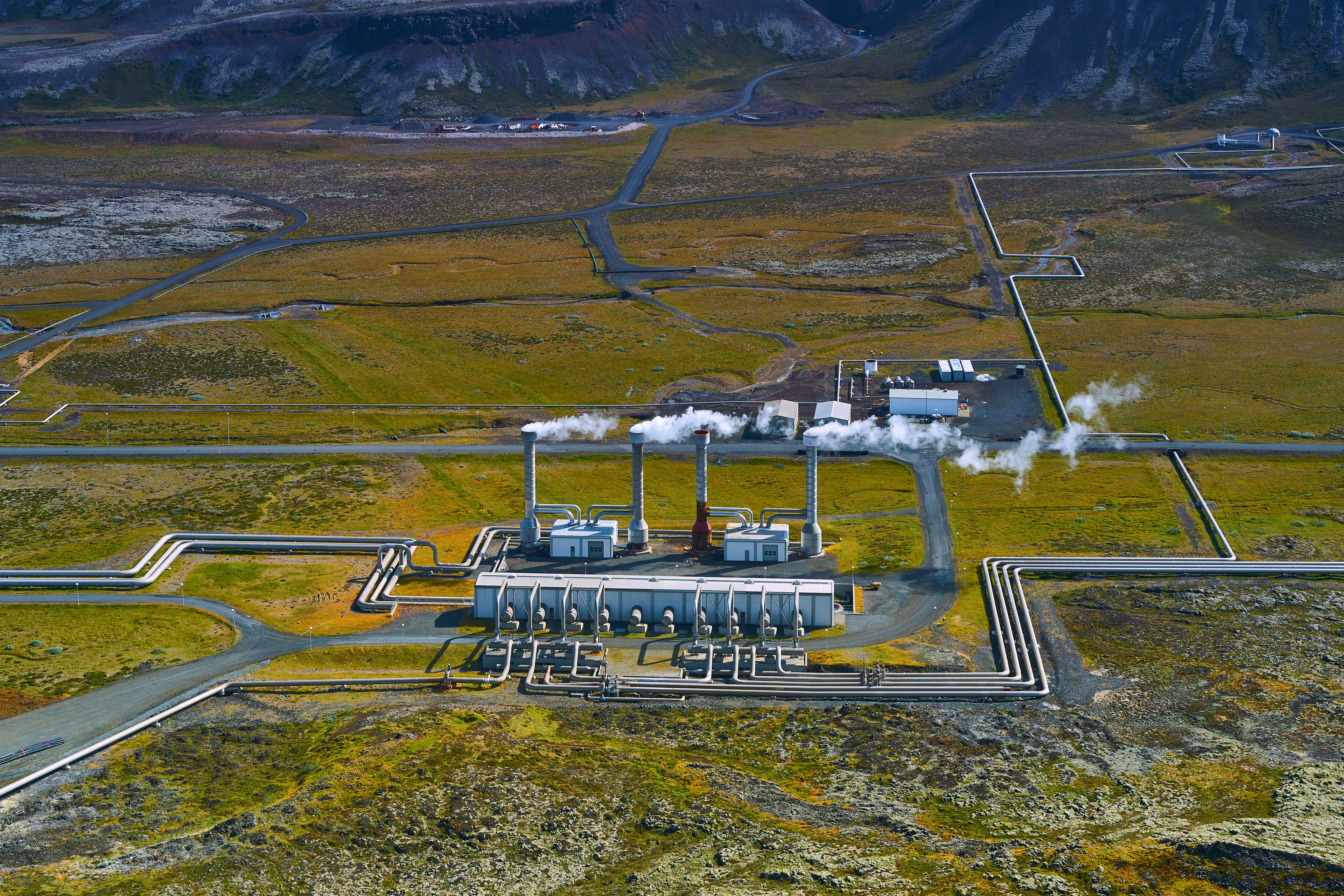
13. Icelanders Treat Their Celebrities As Ordinary Citizens.
In a country as small and familiar as Iceland, celebrities are treated much like everyone else. It’s not uncommon to find artists, politicians, or even the president casually strolling through Reykjavík’s parks, dining at local cafés, or shopping at neighborhood stores without fanfare. This egalitarian philosophy ensures that fame doesn’t create a chasm between public figures and ordinary citizens.
14. Your Name Has to Be Approved.
Icelandic law requires that all names adhere to the language’s grammar and traditions. You must choose from an approved list of names or apply for permission if you want a new one. The Icelandic Naming Committee reviews new name proposals, ensuring they fit the linguistic rules and cultural norms. This system helps preserve the Icelandic language’s integrity and continuity. It must sound strict, but most Icelanders agree with this.
15. Icelandic Language
One of the coolest things about Iceland is that the language spoken today has changed so little that modern Icelanders can still read medieval sagas without too much difficulty. By coining new Icelandic words instead of borrowing foreign terms, Iceland keeps its language deeply connected to its past. For example, instead of saying "computer," they came up with the word "Tölva." It's definitely an extra effort, but it's worth it.
In Conclusion
These fifteen fun and unusual facts only scratch the surface of what makes Iceland so unique. From its fascinating customs to its strong sense of cultural identity, there's no denying that Iceland is a place of enchantment and wonder. So whether you're an aspiring author dreaming of joining the ranks of Iceland's many published writers or intrigued by the idea of a society that values outdoor naps and has an enduring belief in elves, one thing's for sure - there's no place quite like Iceland. We hope this blog post has sparked your curiosity and inspired you to discover more about this remarkable country.

